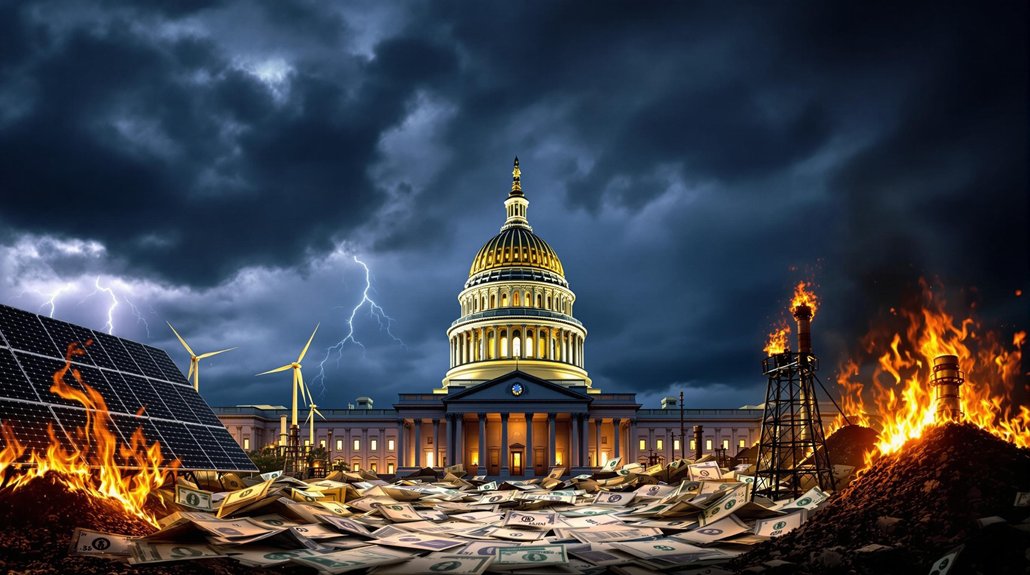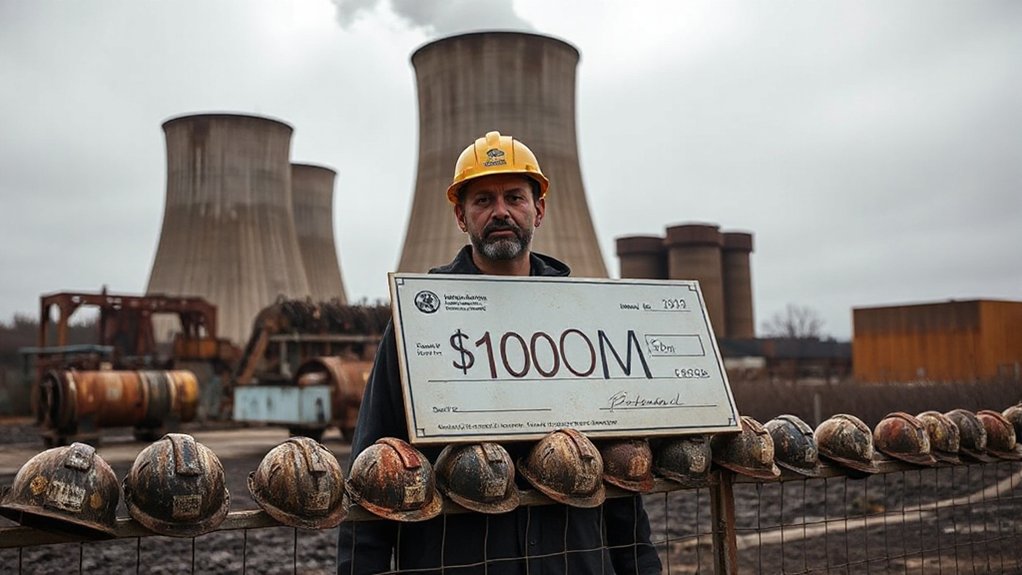Pennsylvania’s budget battle has intensified as lawmakers clash over Governor Shapiro’s $51.5 billion spending plan. The state faces a $3.6 billion deficit that could grow to $7.6 billion by 2028. Republicans criticize the 7.5% budget increase and reliance on Rainy Day funds, while Democrats defend investments in education and services. Proposed solutions include cannabis legalization, taxing skill gaming, and corporate tax reforms. The fiscal showdown reveals deeper divides about Pennsylvania’s financial future.
As Pennsylvania lawmakers face a growing financial crisis, the battle over the state’s budget has intensified in recent months. The state faces a $3.6 billion structural deficit in the current fiscal year, which could grow to $7.6 billion by 2027-28 if spending continues to outpace revenue growth.
Governor Shapiro’s budget proposal seeks $51.5 billion in general fund spending for the 2025-26 fiscal year. This represents a 7.5% increase over the current year’s budget. The plan relies on $1.6 billion from the Rainy Day Fund and projects $46.6 billion in tax revenue.
Shapiro proposes 7.5% budget increase, tapping Rainy Day Fund while projecting $46.6 billion in tax revenue.
“We can’t keep spending at this rate,” said Republican leaders who oppose the budget. They argue the plan is fiscally irresponsible and warn it could create a $3.5 billion budget hole next year. Republicans have suggested cuts to Medicaid spending, which is growing three times faster than revenue.
The governor’s revenue proposals include legalizing recreational cannabis, taxing unregulated skill gaming machines, and changing corporate tax laws. His plan would expedite phasing out a corporate tax cut and close the “Delaware Loophole” that benefits some businesses.
Education funding remains a central issue in the budget debate. Shapiro proposes $526 million toward closing the “adequacy gap” in school funding, $75 million more for Basic Education Funding, and $526 million for the Ready-to-Learn Block Grant Program. Critics argue that the proposal neglects educational choice programs that would benefit low-income families.
Pennsylvania’s budget problems stem from long-running issues. An aging population drives up Medicaid costs, while recent corporate tax cuts have impacted revenue. The state has relied on one-time revenues and budgetary maneuvers to balance previous budgets. According to the IFO report, Shapiro’s spending could cost Pennsylvania families approximately $1,900 per family of four in potential tax increases.
Potential solutions under discussion include tying spending increases to the Taxpayer Protection Act index, closing tax reporting loopholes, and reconsidering planned corporate tax cuts.
Democrats have also proposed changes to income taxation, while some lawmakers advocate for program reforms and regulatory relief to address the growing deficit.









